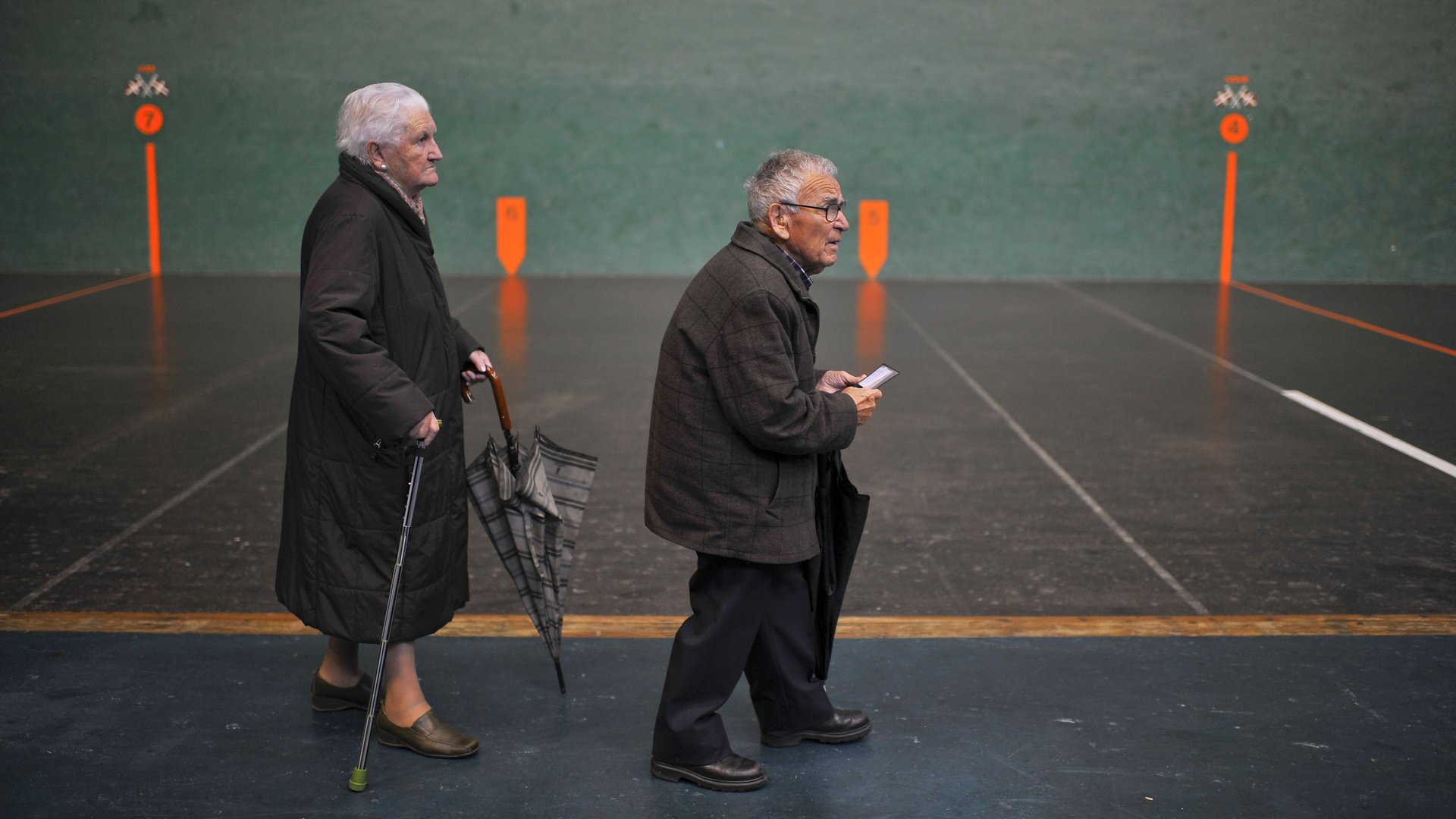Older women are finally catching up to older men in the US workforce
Retiring may be a thing of the past. By 2024, the US Bureau of Labor Statistics (BLS) forecasts that close to one in 10 workers will be over the age of 65, and one in 100 will be over 75.


Retiring may be a thing of the past. By 2024, the US Bureau of Labor Statistics (BLS) forecasts that close to one in 10 workers will be over the age of 65, and one in 100 will be over 75.
That’s surprising. Historically, the retirement-age sweet spot in the US has been 65, when Medicare kicks in and Social Security rolls out in full (although that’s changing). But what’s even more surprising is that older workers aren’t behaving like the rest of the workforce—and they haven’t been since the 1950s.
While overall labor force participation rates were on the rise between 1950 and 2000, older workers were steadily dropping out of the labor force. These workers, however, were mostly men. Older women barely participated at all. Now, older American women are working more than ever.
By 2024, women over 65 are projected to make up the same portion of the female workforce as their male counterparts. This is particularly noteworthy when you consider that the participation rate of young women has stagnated. By 2024, the BLS predicts that there will be twice as many women over 55 in the labor force as women aged 16-24.
So what’s going on here? Baby boomers are one factor. In 2024, the youngest boomer will be 59, but baby boomers are less likely to retire than previous generations. Average lifespans have risen (pdf) in the US, and market dislocations can make defined-contribution pensions, like 401(k) plans, riskier. Many boomers doubt they’ll ever see a Social Security check.
“[Boomers are] living longer, so they need income to last throughout their lives,” says Teri Morisi, a BLS economist. “They don’t have a traditional plan anymore where they know what their benefit is going to be, and some people are working so that they can keep their health coverage from their employer.”
Still, according to the latest edition of a long-running survey of workers (pdf), 6 in 10 US workers are confident in their ability to save enough to “comfortably” retire. Eventually.